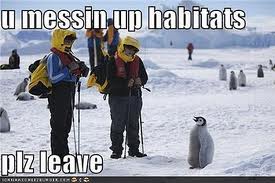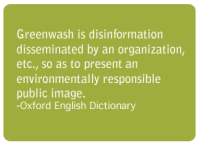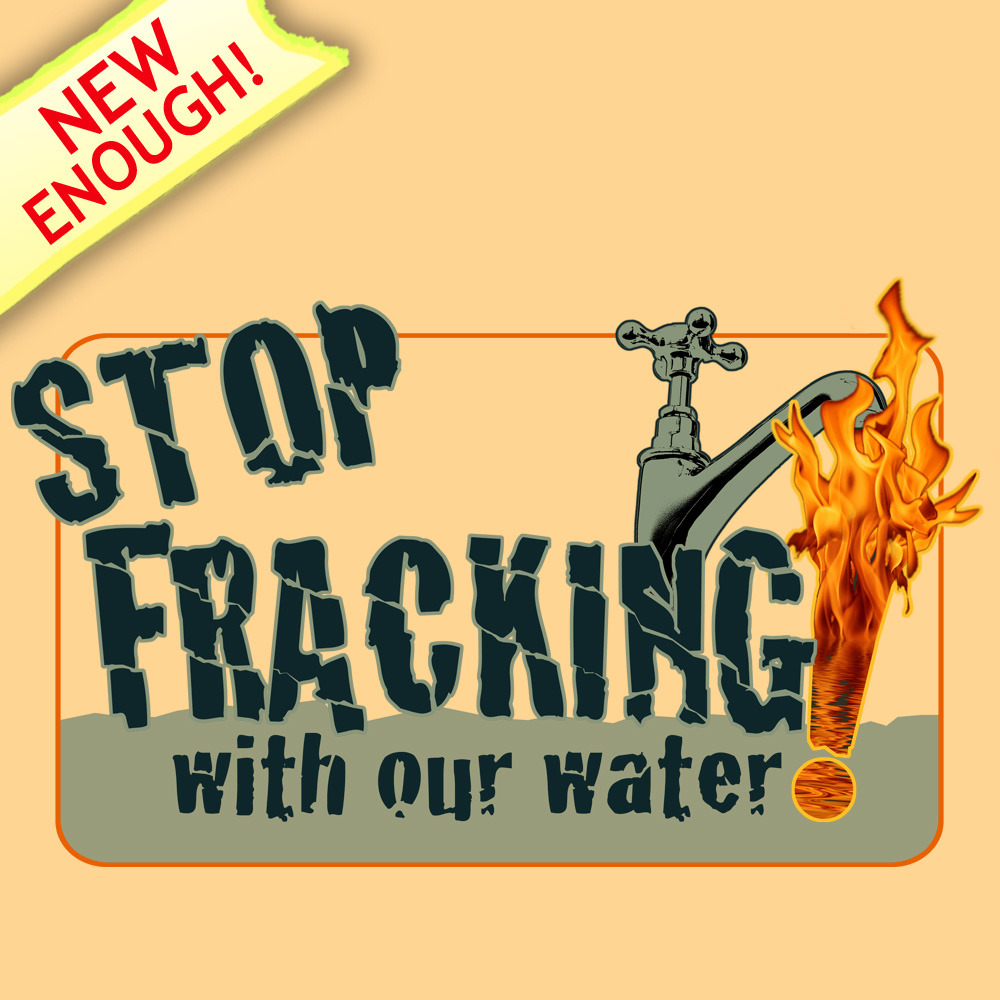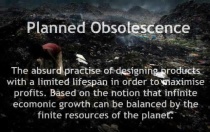 The world seems to be treading a fine line between need and want.
The world seems to be treading a fine line between need and want.
The world needs food.
The world wants to drive for fun.
It seems that we can’t have both.
Biofuel crops: food security must come first
Even so-called ‘good’ biofuels need safeguards to ensure that they don’t damage biodiversity or displace other crops

Biofuel crops increase emissions through land clearance, fertiliser use, and by displacing other crops. Photograph: Sipa Press/Rex Features
Since 2003, the UK and other EU countries have effectively poured billions of euros into biofuels, on the premise that they reduce emissions from transport. But it has been an expensive case of the Emperor’s new clothes: we now know that many biofuel crops actually increase overall emissions. At the same time, they damage biodiversity, hurt some of the world’s poorest people by pushing up food prices, and cost us an estimated £460m each year.
Early in September, the European Parliament will have its first opportunity to put the brakes on. MEPs will vote on whether to amend biofuels policy to take account of the critical issue of indirect land use change (iLUC) and at what level to cap biofuels made from food crops.
Biofuel crops increase emissions through land clearance, fertiliser use, and by displacing other crops. When millions of hectares of land are switched from food to biofuel crops, food prices rise and food production is displaced, triggering a domino-like chain of events ending in cropland expansion elsewhere, including into the tropical forests of Southeast Asia and the savannas of South America and Africa. This is iLUC.
We can’t point to the precise hectare of rainforest that’s felled because a particular farmer now grows fuel rather than food. But the evidence is clear that burning millions of tonnes of food as biofuel on top of what we eat leads to more land clearance and more fertiliser use (even accounting for useful biofuel co-products fed to animals). UK biofuel use in the first year of monitoring required around 1.4 million hectares of farmland, most of it overseas. That’s an area the size of Northern Ireland, just to provide 3% of our transport fuel. By ignoring iLUC, the EU overlooks a large share of the emissions triggered by its biofuel targets.
ILUC is not just about carbon. Agricultural expansion and intensification are among the greatest of all threats to wild nature. Each year, millions of hectares of new cropland threaten tropical forests, wetlands and other biodiversity-rich habitats. Fertiliser run-off from the US corn belt, which supplies us with bioethanol, helps create an oxygen-depleted ‘dead zone’ in the Gulf of Mexico. The EU’s Renewable Energy Directive has laudable ‘sustainability criteria’, but unsustainable biofuels can still be imported; they just don’t count towards the targets. Furthermore, the criteria don’t address iLUC, so biofuel demand continues to cause deforestation and biodiversity loss. If a domino falls in the forest, apparently no-one can hear it.
Opinion:
Maybe we are the tail trying to wag the dog. We’ve got the whole issue wrong.
Maybe we should be curtailing non-essential motoring instead of trying to find more ways to provide fuel for it.
Cars should be banned from Sunday outings, travelling across the country for that holiday, used to get to work where there are public transport services.
Things like hoons driving aimlessly in search of a bonk on a Friday evening, the whole concept of motor racing should be banned, pleasure boating and fun jet skis.
We should instead be looking at more ways people can work from home. Groceries can be delivered by one truck, instead of 40 cars being used for a household shopping trip.
I must admit that I am not a fan of on-line shopping, but my ilk are at the tail end of life, we’ll be dead soon. On-line shopping must be used more and more. Each trip saved prevents a car being used, or provides one more space on public transport for someone who needs it.
Every kilometre travelled on public transport means less tyres being produced, less cars and parts being manufactured.
Walking should be considered as a health benefit as well, less obesity; obesity costs every country millions in healthcare costs.
The world is all but doomed already, but if we change the paradigm now, maybe that eventual doom can be forestalled.
The first priority is to feed the world, to hell with that trip to the beach on Sunday.






















Posted by Rachel on October 7, 2013 at 1:04 pm
More bicycles! That’s what we need. I love online shopping too and I really can’t stand going to the supermarket.
LikeLike
Posted by argentumvulgaris on October 7, 2013 at 1:11 pm
>Rachel, yes, bicycles, I didn’t mention them, so obvious.
AV
LikeLike
Posted by CelloMom On Cars on October 8, 2013 at 3:01 pm
Woops, missed World Car-free Day, 22 September 2013. Usually the occasion for many cities to declare a car-free Sunday. Streets are taken over by happy cyclists, roller bladers, children with jumpropes. Of course that doesn’t get the coverage it deserves in the main stream news.
LikeLike
Posted by argentumvulgaris on October 10, 2013 at 1:55 pm
>Cello, the world needs more less cars. Kids benefit because they get exercise.
AV
LikeLike
Posted by livingsimplyfree on October 8, 2013 at 7:45 pm
Try telling that to the people in the US who are driving their big SUVs for fun and think it is their given right to drive as often as they want. If you want to go to the beach, move there. I know it’s not easy, but if we look at our priorities and then live where those amenities are we would be able to walk or bus more.
LikeLike
Posted by CelloMom On Cars on October 9, 2013 at 2:06 pm
Sure, there are plenty of Americans who love their SUVs. There are lots who don’t think about it. And there are lots of Americans who would love to buy more efficient cars but can’t because they’re not for sale here. There are also many who fight for more and safer bike paths, more public transport, etc.
It took a long time to grow all that car-friendly infrastructure; it will take more than a week to re-configure it for sustainability. There is a mass migration among American millennials, away from the car-centred life: a sign of hope.
LikeLike
Posted by livingsimplyfree on October 10, 2013 at 3:58 pm
Cello Mom, I see this movement too. Living in a university town I see the youth who are avoiding even getting a license and walk or bike everywhere. It’s nice to see. We do have a long ways to go to make parts of the town safer for pedestrians and bikes. The town has been trying to put in sidewalks along the highway for people but those in the homes that would be affected have been fighting it for years.
LikeLike
Posted by argentumvulgaris on October 10, 2013 at 1:58 pm
>lsf, people rarely consider their priorities and that is a part of the problem.
>Cello, I wasn’t aware of the difficulty in buying energy-efficient cars in America. Certainly it will take a lot of time to reverse the ‘car trend’, but nice to read your comment on the millenials.
AV
LikeLike